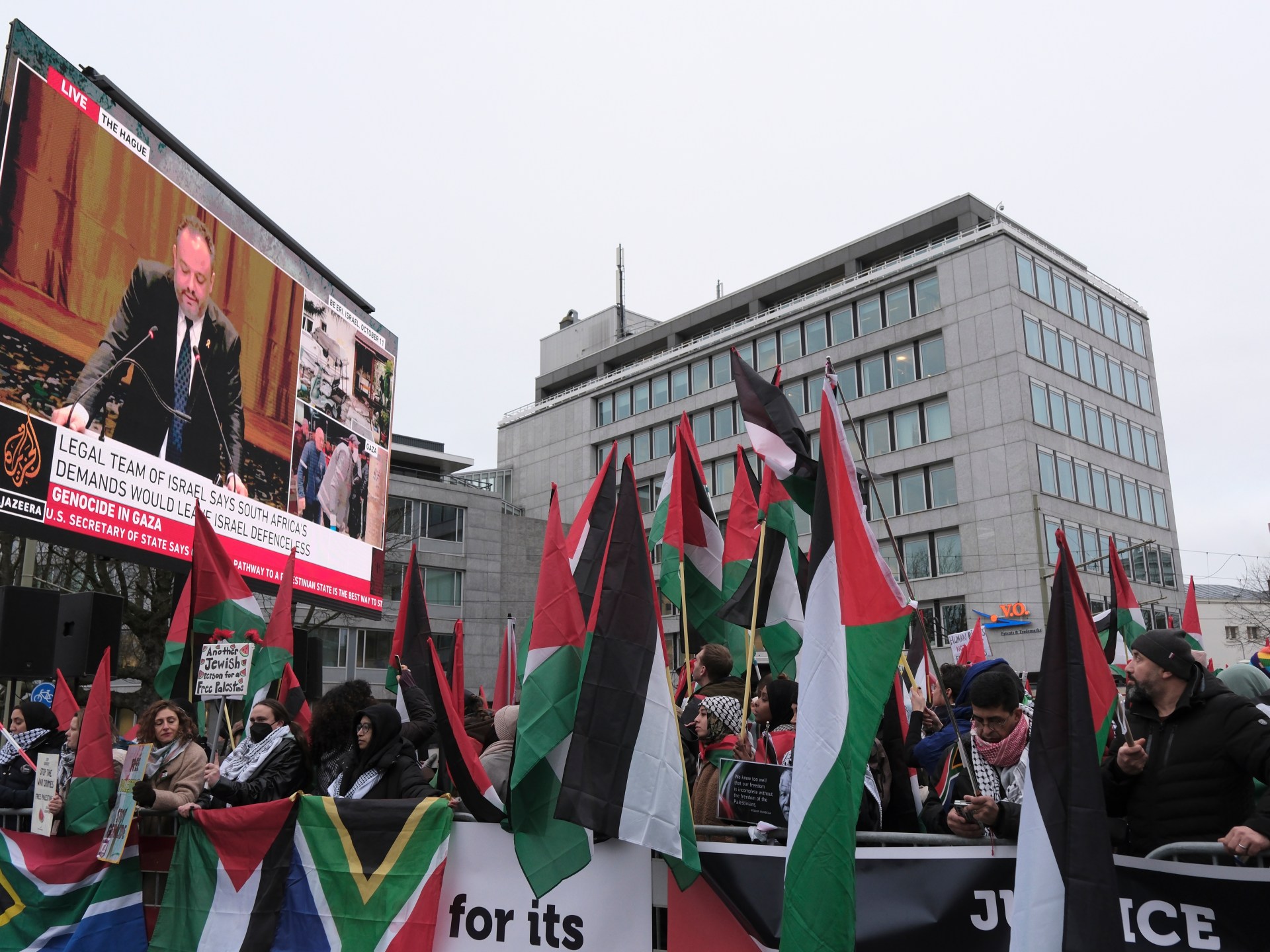“Israeli politicians have already said that they’re going to ignore the ICJ order,” Mark Lattimer, the executive director of Ceasefire Centre for Civilian Rights, told Al Jazeera. “It is much harder for, particularly, the US and European states including the UK, to ignore the order because they have a much stronger record of holding or supporting the International Court of Justice.”
“The ICJ ruling puts a lot more pressure on the US and other Western allies to move on a ceasefire resolution,” Zaha Hassan, a human rights lawyer and a fellow at the Carnegie Endowment for International Peace, told Al Jazeera. “It makes it a lot harder for the US, along with Israel, to make the case to Western governments that are still very much concerned with international legitimacy, to maintain the idea that Israel is acting within the constraints of international law in Gaza and that it’s acting in self-defence.”
Some evidence suggests that Israel knows this, too. Soon after South Africa announced that it would bring a case before the ICJ, Israel’s tactics on the ground started to change, experts said.
There was “a rush to wipe out any possibility for a Palestinian return to the north of Gaza”, Hassan said, pointing to controlled bombings of universities and hospitals. “Once you have hospitals taken out, you make it impossible for people in war to stay. That’s a part of a strategy to force Palestinian population transfer and permanent displacement.”



Sure all sanctions are international pressure but not all international pressure is in the form of sanctions. The pressure we are seeing right now is mainly in the form of strongly worded letters and I don’t expect that to change unless Israel dramatically escalates its war efforts or annexes areas.